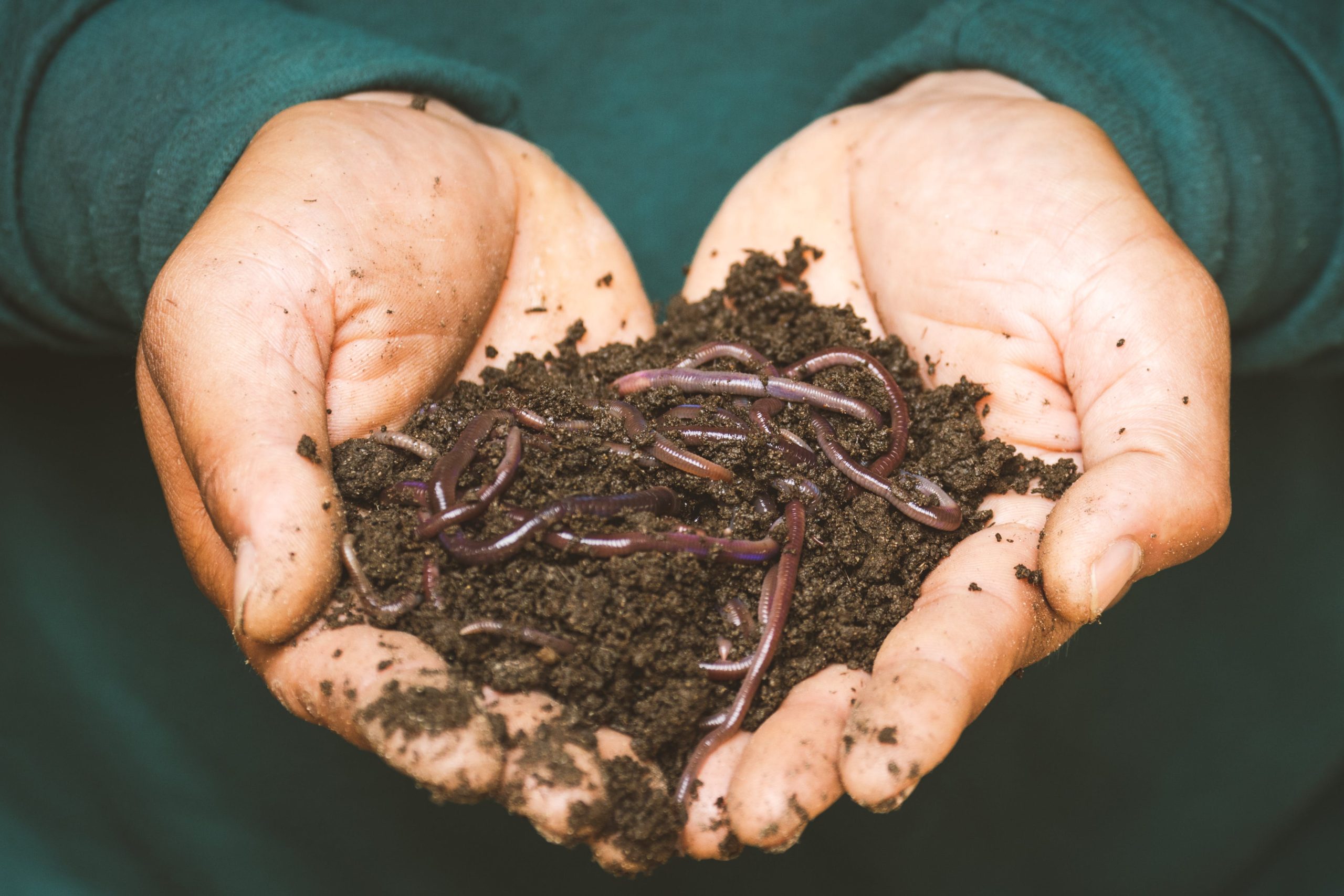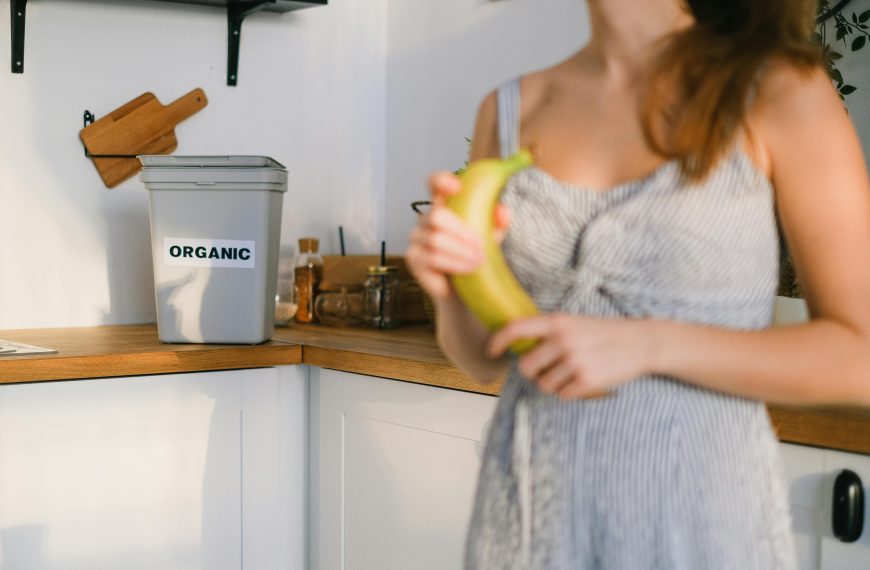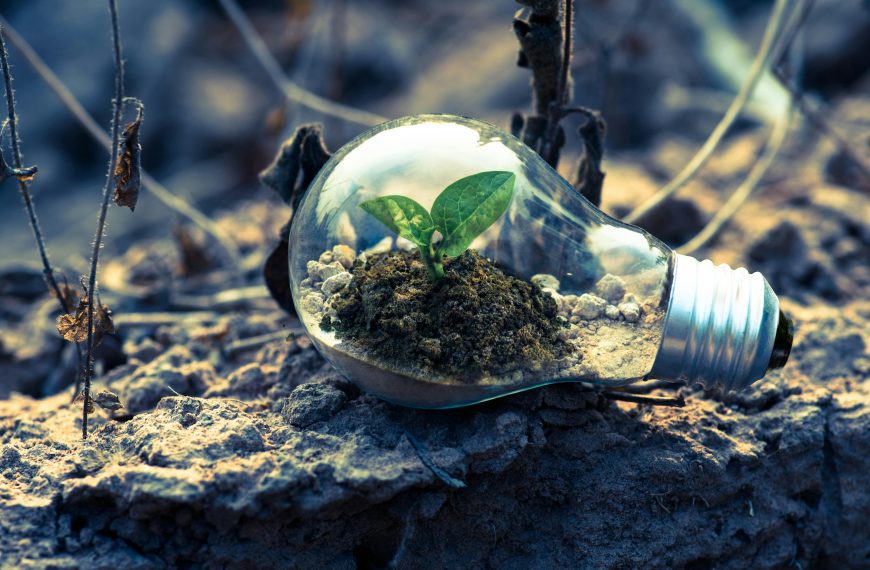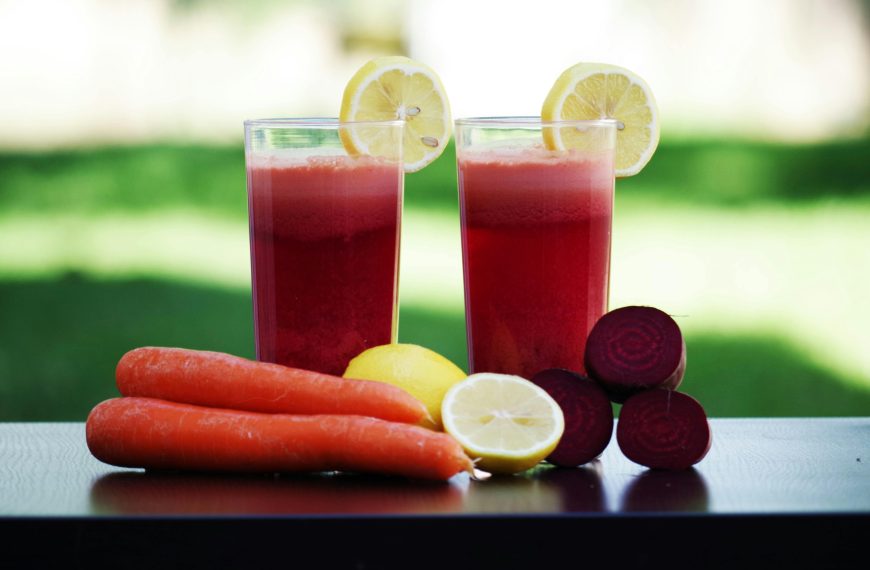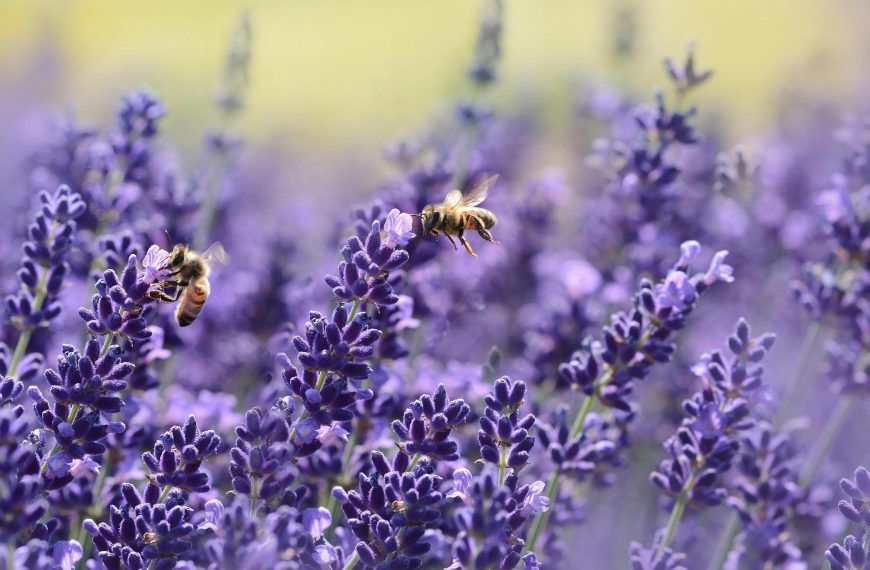Composting is an impactful practice that not only reduces waste but also enhances the quality of soil, promotes plant growth, and contributes to a healthier ecosystem. In this article, we will explore the benefits of composting and provide a step-by-step guide on starting your compost bin.
The Benefits of Composting
Waste Reduction
One of the advantages of composting is the significant decrease in kitchen and garden waste. Instead of sending materials to landfills where they break down without oxygen and generate harmful greenhouse gases, composting enables you to recycle these substances into a valuable resource for your garden.
Soil Enrichment
Compost is often referred to as “gold” because it serves as a rich soil conditioner that enhances soil structure and fertility. By adding matter to the soil, compost improves its capacity to retain water and nutrients, creating an environment for plants to grow and thrive.
Reduced Dependency on Chemicals
Compost acts as a fertilizer, eliminating the need for chemicals that can harm the environment and disrupt delicate ecosystems. By incorporating compost into your gardening practices, you’re actively promoting environmentally friendly alternatives to fertilizers.
Carbon Capture
Composting plays a role in capturing carbon in the soil, thereby mitigating the impacts of climate change. When organic matter decomposes in a landfill with little to no access to oxygen, it releases methane, a greenhouse gas. Conversely, composting encourages decomposition, reducing methane emissions and effectively locking carbon into the soil.
Enhanced Water Retention
Compost acts like a sponge by improving the soil’s ability to retain water. Adding compost to your garden creates an environment that can better withstand periods of drought. This is especially advantageous in areas with water scarcity or unpredictable rainfall patterns.
Natural Disease Control
Compost contains microorganisms that help suppress pathogens present in the soil. These microorganisms create an environment that competes with disease-causing agents, inhibiting their growth and protecting your plants. Consequently, composting serves as a sustainable method for disease control in your garden.
Supporting Biodiversity
A thriving soil ecosystem is crucial for supporting organisms ranging from bacteria to earthworms. Composting fosters biodiversity by creating a habitat for soil organisms, contributing to a balanced and resilient ecosystem.
Now, let’s delve into the steps of starting your compost bin after exploring the advantages of composting.
Choosing an Appropriate Location
It is crucial to select a location for your compost bin. Make sure it is easily accessible, receives a mix of sunlight and shade, and has drainage. Avoid placing it too close to your home to prevent any potential odors.
Selecting the Right Compost Bin
There are options when it comes to choosing a compost bin. You can opt for bins or commercially available ones. Consider your space and requirements before making a decision. Open bins, closed bins, tumbler bins, and worm composting bins are some of the options worth considering. Each type has its advantages, so choose one that suits your lifestyle and available space.
Gathering Materials
Composting requires a combination of nitrogen-rich and brown (carbon-rich) materials. Green materials include kitchen scraps like fruit and vegetable peels, coffee grounds, and grass clippings. Brown materials consist of leaves, straw, cardboard, and newspaper. Aim for a ratio of green to brown materials for optimal composting.
Layering Process
Start building your compost pile by layering brown materials in proportions. Ideally, maintain a ratio of around 2:1 or 3:1 (carbon to nitrogen) for optimal results. To ensure decomposition and prevent smells, it is important to maintain a balanced compost. Avoid adding meat, dairy, or oily items as they can attract pests and slow down the composting process.
Regularly Aerating
Aerating the compost is crucial for speeding up decomposition. This helps create an oxygen environment, preventing the formation of odors. You can use a pitchfork or a compost turner to mix the materials.
Consistent moisture levels are essential for the activity that breaks down matter. Keep your pile moist like a damp sponge. If it becomes too dry, add water; if it’s too wet, add materials.
Remember that composting is a process that takes time. Depending on factors such as conditions and the size of your pile, it may take weeks to months before you have finished compost. Be patient. Continue maintaining your compost bin for results.
Composting is not only a rewarding practice that anyone can adopt in their daily lives. By diverting kitchen and garden waste from landfills, you contribute to waste reduction while creating soil. Composting offers a range of advantages that go beyond benefiting your garden. It has an impact on the environment by reducing greenhouse gas emissions, promoting biodiversity, and supporting agriculture.
Taking the initiative to start your compost bin is a yet impactful step towards adopting a more eco-friendly lifestyle. Regardless of whether you have a backyard or limited space like a balcony, there are composting options available that can be tailored to fit your needs. Embrace the cycle. Witness how your kitchen scraps transform into a valuable resource that nourishes both your plants and the planet.

